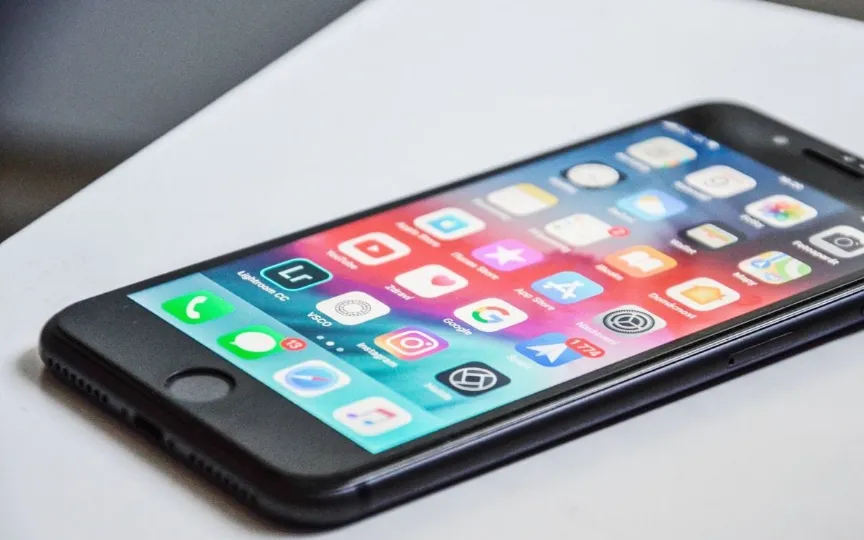Apple is compensating these users as a component of its ‘Batterygate’ settlement.
Apple found itself in hot water when it had to agree to pay up to $500 million to settle a class-action “batterygate” lawsuit in the United States. This lawsuit stemmed from Apple slowing down users’ iPhones without notifying them that their iPhones would be throttled as their batteries weakened. Now the company has finally started sending compensation to those who filed a complaint.
To be eligible for the class action settlement, you had to be a user or a US owner of an iPhone 6, 6 Plus, 6s, 6s Plus or SE running iOS 10.2.1 or later before December 21, 2017. From an iPhone 7 or 7 Plus running iOS 11.2 or later before December 21, 2017.
MacRumors noted that this information is consistent with this website, which says the money should appear in January 2024, with some users receiving $92.17 as part of the settlement.
For the uninitiated, the lawsuit stemmed from people discovering their iPhones had been throttled. This was because lithium-ion batteries degrade over time, and throttling was introduced to prevent the iPhone from randomly shutting down. However, Apple was not open about this and did not include these changes in the update changelog. This caused controversy.
In addition, Apple was also forced to temporarily lower battery replacement costs to $29 in 2018 for several iPhone models.
After this controversy, Apple introduced a new “Battery Health” gauge in Settings, which lets users know how much their battery is getting old. Now, if the health drops below 80%, Apple recommends you get a new one, and has started including a disclaimer that reads: “Built-in dynamic software and hardware systems help combat the noticeable performance effects of iPhone battery chemical aging.”




